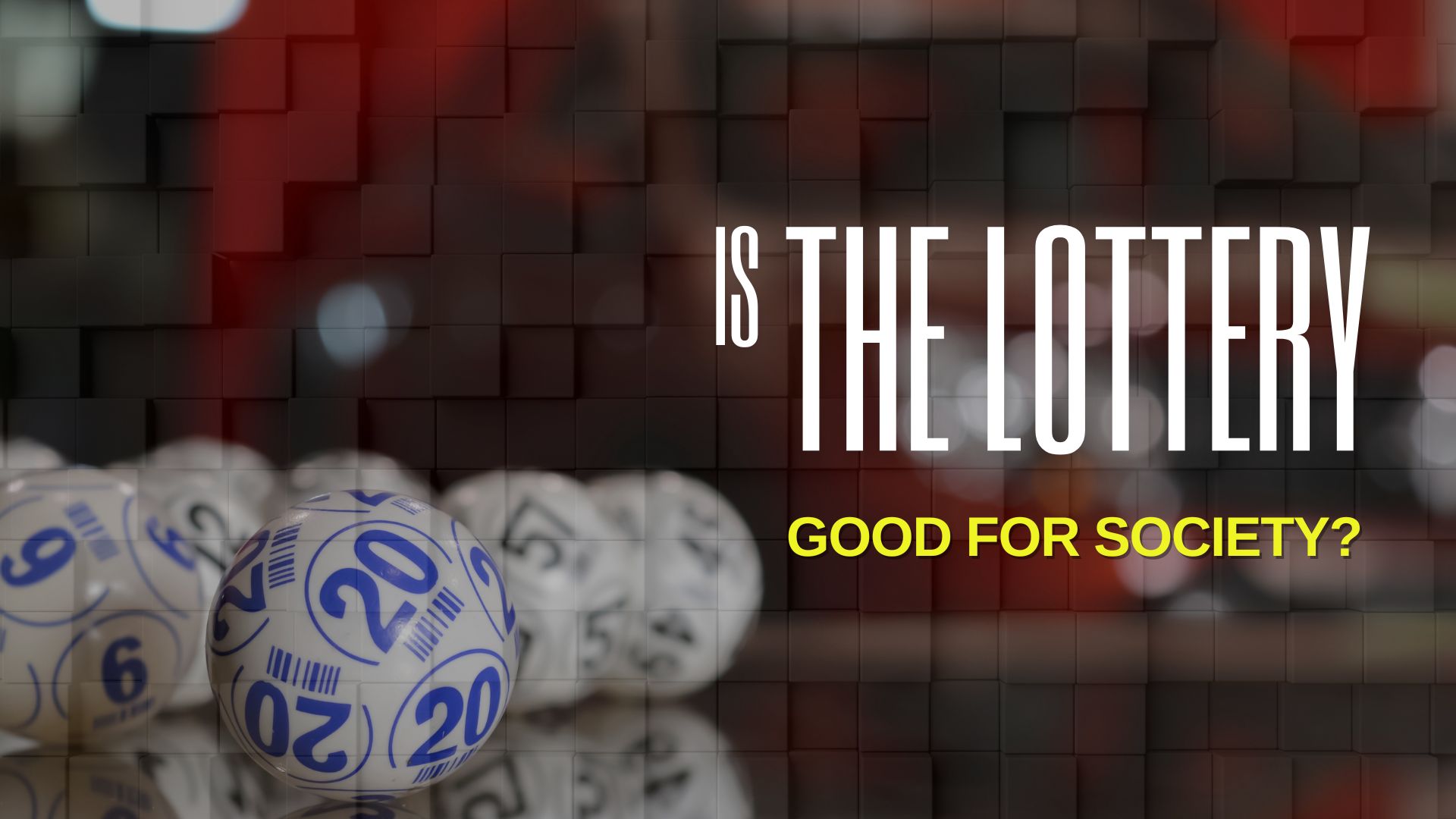It’s no secret that gambling has grown in popularity in the last two decades. Lotteries are in more states than ever, and sports betting dominates advertising online and on TV. The “mega millions” jackpot recently topped a staggering 1 billion dollars (again).
But is gambling, and specifically the lottery, good for society? Let’s take a look.
43 states and the District of Columbia have lotteries, according to 2019 numbers.(1) States have come to rely on revenues generated from lottery ticket sales, a portion of which goes to fund education. And usually, the education angle is key in getting citizens’ approval to legalize the creation of the lottery.
This is a relatively recent development. Just 60 years ago, every state but one (Nevada) had outlawed gambling. New Hampshire was the first to create a state lottery in 1964.
Now, with lotteries common and states spending millions of dollars to run and promote them, a lot of money changes hands on the chance to “strike it rich.” And that’s putting it mildly.
How much Americans spend on the lottery
Americans spent over $105 million on lotteries in 2021. That was more than they spent on movie and sports tickets, books and video games, combined.
In no less than 11 states, lottery revenues have actually made states more money than corporate income taxes. (2)
How much low-income earners spend on lotteries
Statistics show it’s not primarily those with high incomes playing state lotteries. Rather, it’s largely low-income earners–the ones who can afford it the least.
According to CNBC, “Americans earning less than $30,000 admit to spending about 13% of their income on lottery tickets.” (3)
For someone earning $30,000 a year, this would amount to $325 a month spent on the lottery. Money that is almost certain to see little to no return.
If instead, an individual invested $325 a month in good growth stock mutual funds from age 30 to age 65, they would have over $1.2 million at retirement. (4)
According to advocacy group Stop Predatory Gambling,
[O]ver the next eight years, the American people are on course to lose more than $1 trillion of their personal wealth to government-sanctioned gambling. At least half of this personal wealth – $500 billion – will be lost to state lotteries.
What about those who win?
Our imaginations can run wild with what we would do if we won millions of dollars, and how our lives would be different.
But the statistics show that it most often does not turn out that way. There are countless stories of men and women who lost their entire windfall, filed bankruptcy, and worse, ended up in prison or dead. Some news reports suggest that up to 70% of high dollar lottery winners are broke within seven years.(5) There are a lot of people who suddenly want to be your friend when you are that wealthy.
Who benefits from the lottery?
Those who run the games certainly benefit nicely from the money spent. To some degree, states can benefit, though research shows that in the years following the adoption of a lottery, a lot less usually goes into state coffers than was expected.
Students can win scholarships from lottery proceeds to help ease the burden of paying for college.
But this poses a troubling question: If a sizeable part of the funds used to help send mostly middle and upper-middle class students to college are paid for by those near or below the poverty line, is this good for society?
Could states benefit from ending their lotteries?
There certainly are reasons why government-sanctioned gambling was illegal for more than a century. Current data suggests that the amount of money states spend on social services, including financial assistance for the poor, gambling addiction programs, and others, could be reduced by the elimination of the lottery.
Citizens with the lowest income can benefit as well.
No single policy reform would create more financial peace for low-to-middle-income citizens than reversing the current scheme of turning tens of millions of Americans who are small earners, who could be small savers, into habitual bettors.(6)
Don’t Be Deceived
While it appears to be all fun and games, gambling is nearly always unprofitable. Its alure traps untold numbers in addiction, and keeps many others with the least amount to spare wasting it on betting. Statistics show it’s not upper income earners playing state lotteries – it’s largely low-income earners. It’s their money that pays to send a sizeable number of middle and upper middle class students to college. And those who do win often see more problems than they ever had before.
Proverbs 28:20 says,
A faithful man will abound with blessings, but whoever hastens to be rich will not go unpunished.
And also,
Wealth gained hastily will dwindle, but whoever gathers little by little will increase it. – Proverbs 13:11
(4) Assuming a 10% average annual rate of return, which is slightly lower than the S&P 500 average over the last 90 years.




